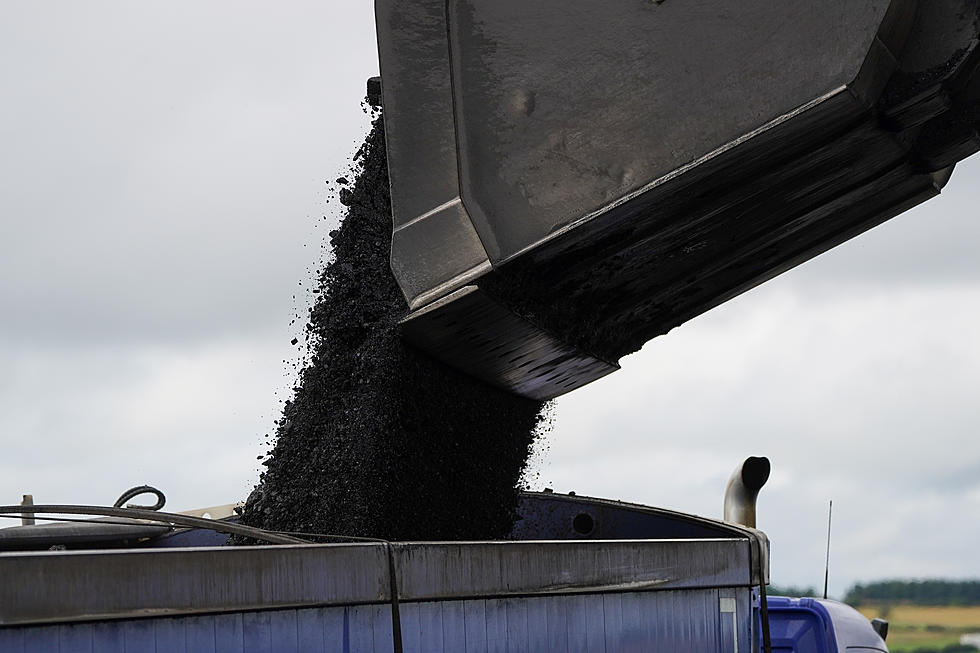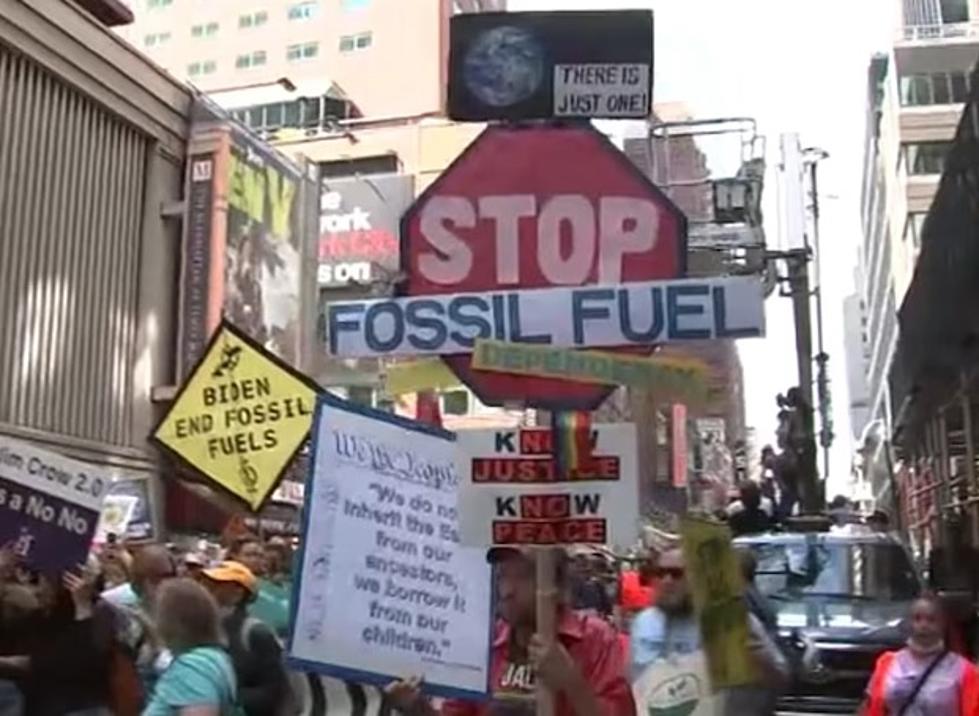
The Reason It’s so Hard for Oil Companies to Drill In America
On March 3rd, the White House Press Secretary responded to a question about how the Biden administration had made it hard for oil companies to drill domestically.
Psaki tried to shift the blame to the oil companies by citing “9,000 approved oil leases that the oil companies are not tapping into currently.” After the press conferences, she changed her wording to 9,000 permits.
From there she went on a Twitter binge to try and push that narrative.
Some people in the know about the actual fact are with The Western Energy Alliance. This is what they had to say about Psaki's claims.
First the 9,000 leases that Psaki cited. There are about 37,496 leases in effect. Assuming her number is correct on nonproducing leases (FY 2021 data are not yet available from the government, even five months after the FY ended), 76% is a very high lease utilization rate. Why aren’t we developing those “9,000 leases”?
Let's step aside from the rhetoric of the White House and look at the facts.
Many leases are held up in litigation by environmental groups. Western Energy Alliance is in court defending over 2,200 leases, most of which cannot be developed while those cases wind their way through the courts.
Companies must put together a complete leasehold before moving forward, particularly with the long laterals that can cut across multiple leases.
Sometimes a new lease is needed to combine with existing leases to make a full unit.
Since the Biden leasing ban remains in effect with no onshore lease sales held since 2020, some leases are held up waiting for new leases or for the government to combine them into a formal unit.
Before allowing development on leases, the government conducts environmental analysis under NEPA (the National Environmental Policy Act), which often takes years to complete. Many leases can be hung up in that process or awaiting other government approvals.
Finally, not all leases will be developed because, after conducting exploratory work, a company may determine there are not sufficient quantities of oil and natural gas on them. The country still benefits from the leasing revenue paid on the leases.
Let’s talk permits.
There are 4,621 permits to drill awaiting approval. By approving these permits in a timely manner, companies could move forward with development.
There are also about 9,173 outstanding approved permits, but there are factors that cause companies to wait to drill those wells.
Because of the uncertainty of operating on federal lands, companies must build up a sufficient inventory of permits before rigs can be contracted to ensure the permits stay ahead of the rigs.
We drill wells in a matter of days and rigs are very expensive, so it’s a delicate balancing act.
But there are other things that can delay a company from developing a well right away.
The federal permit to drill is not the only government approval required.
Rights of way (ROW) must be acquired to access the lease and for natural gas gathering systems. ROWs can take years to acquire.
With the pressure not to flare from regulators and investors, most companies cannot drill before the gathering lines are in place.
Timely approvals of ROWs would enable companies to develop sooner.
The administration has worked with anti-oil-and-gas activists to slow pipeline infrastructure.
Without pipelines to move the oil and natural gas produced, wells cannot be developed.
All of this takes money and accounts must be set up to pay everyone along the way. This is a cumbersome process that the government has made worse.
Capital must be acquired.
Activist investors, encouraged by an administration intent on expanding its financial regulatory powers, have worked to de-bank and de-capitalize the industry.
Many companies, particularly the small independents who drill the majority of federal wells, are having difficulty acquiring the credit and capital necessary to develop.
By calling off bureaucratic efforts to deny financing to the industry, the president would send a strong signal to the market that investments in oil and natural gas are safe and new production could move forward.
The Biden Administration has embarked on an agenda of regulatory overreach with extensive new regulations in the works.
The uncertainty of all the new red tape puts a damper on new investment and development today, especially on federal lands where the burden is highest.
Consequently, companies prioritize their nonfederal leases because there’s less regulatory risk.
These are just some of the political and bureaucratic obstacles this administration is engaging in to slow American production.
Please see op-eds in the Washington Examiner and The Hill for ideas on how the president could encourage American oil and natural gas production rather than just try to shift the blame.
Follow The Western Energy Alliance for more.
Vintage Wyoming Movie Posters
More From Wake Up Wyoming









